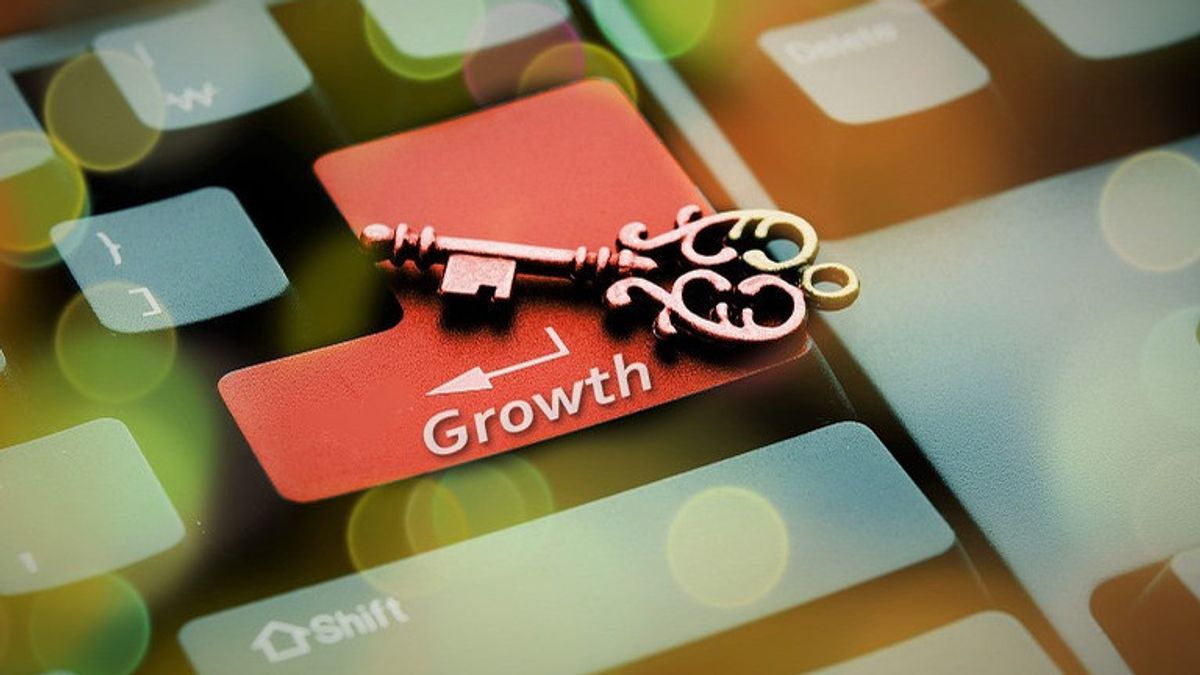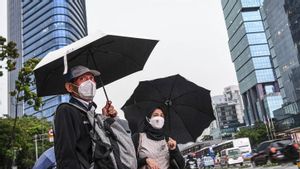JAKARTA - Indonesian economic actors admit that they are still optimistic that the country's economic growth will remain at the 5 percent level. Seasonal factors, according to Bank Mandiri Chief Economist Andry Asmoro, are still the driving force for stable economic growth in the fourth quarter of 2019.
One of these seasonal factors is the strengthening of household consumption due to the 2019 Christmas and New Year 2020 celebrations and an increase in the realization of government spending at the end of the quarter each year.
"Meanwhile, prices for major commodities such as coal, palm oil, crude oil, rubber and nickel are still at a moderate level, so that the driving force for the commodity sector to economic growth is still relatively weak," said Andry in Jakarta, Thursday, December 19.
As of the third quarter of 2019, Indonesia's economy was able to grow in the range of five percent even though the world economy grew slower due to the impact of global uncertainty related to the US-China trade war and geopolitical turmoil in various regions, such as Brexit, Hong Kong, the Korean Peninsula and the Middle East.
The Indonesian economy grew by 5.02 percent (year on year) in the third quarter of 2019, or tends to weaken when compared to the growth in the third quarter of 2018 which amounted to 5.17 percent (yoy). However, when compared to other large emerging market countries, Indonesia's economic achievements are quite satisfying.
In the same period, China's economy slowed down from 6.5 percent (yoy) to 6 percent (yoy), and India's economy fell sharply from 7 percent (yoy) to 4.55 percent (yoy).
Previously, the Indonesian Employers' Association (APINDO) had projected that economic growth would be in the range of 4.95 percent to 5.10 percent. APINDO admits that it is pessimistic that economic growth can achieve the 2019 APBN-P assumption which is targeted at 5.2 percent.
The sluggish economic growth was allegedly due to the relatively weak performance of Indonesia's exports due to excessive dependence on exports of raw commodities, particularly palm oil and coal. The development of the manufacturing industry sector also still depends on imports of raw materials and capital goods, which is the cause of the trade balance deficit in Semester I 2019.
Even so, APINDO still believes that Indonesia's economy is still at the 5 percent level as economists say because it is towards the end of the year. usually the driving force of economic growth comes from the high purchasing power of the people.
Chairman of APINDO Hariyadi Sukamdani said based on AC Nielsen's data, the effect of household consumption has an effect of up to 60% on economic growth.
The English, Chinese, Japanese, Arabic, and French versions are automatically generated by the AI. So there may still be inaccuracies in translating, please always see Indonesian as our main language. (system supported by DigitalSiber.id)











